It still amazes me how much technology has progressed in the past decade. Ten years ago, I was a high school sophomore. I didn’t have a cellphone or a laptop or any cool gadget with which to make my friends jealous. My first car was a 1989 Oldsmobile Cutless that occasionally died while idling at stoplights. I did have a car-phone – one of those dinosaur models you plugged into the cigarette lighter and had to molest in order to get it to dial out. Yes, the Internet was in existence – of course – but this was pre-Facebook, pre-Twitter, and comments made on websites, forums, or any other outlet of the baby beast that became social networking.
Today, the Internet landscape is a horse of a different color. I worked at a local bank for two years, and the entire time I was there, I was made painfully aware whatever remark I made on Facebook regarding the job or my opinion of people I worked with – even if they weren’t “friends” or whatever – could be grounds for termination. Any remark I made about anything, in fact, could be used against me. For example, say Charlie Sheen and Prince were political candidates; if I made a remark about how Charlie Sheen is WINNING, and a bank customer happened to be a supporter of Prince? Yeah, that could land me in some deep doo-doo.
Granted, while these precautions were extreme, there is something to be said about being careful in how you come across to others. As authors – aspiring or otherwise – we assume a public presence whether we like it or not. Especially those of us in the e-publishing world – we are no longer an age of JD Salingers. We can’t produce fiction and hope to be remembered if we become technology recluses. Yes, there are some authors who are more “out there” than others, but the names you remember are typically those with a larger Internet presence.
What does this mean for authors? Well, it depends on the sort of author you want to be, the sort of audience you want to attract, and what sort of image you want to maintain. Offhand, I can think of several authors who are either publicly Republican, Democrat, Libertarian, Tea Party, etc.; while their political affiliation doesn’t influence me one way or another, a diehard Republican might balk at reading something by an outspoken liberal, regardless of the subject matter. It’d be like Dick Cheney going out and purchasing a fictional action/adventure penned by Michael Moore. Not likely. Likewise, if you use your social outlets to graphically discuss sex, you’re going to turn some people off. I know this might be surprising to some, especially considering the majority of us enjoy reading and writing romance and explicit sexual content. Consider the following: my grandfather is a conservative, religious man, a minister, and so sensitive to profanity and sexuality he didn’t like it when I turned on the family-friendly program “Whose Line Is It Anyway?” when at his house. He is also incredibly sensitive to movies depicting the life and acts of Jesus – or really any biblical story – and he doesn’t care for History Channel programs that discuss “the end times” or how various religions interpret their holy books. Does this make sense? Well, yes and no, depending on who you ask. For some, what they do is not who they are; for others, it’s all they are, and to see themselves represented a certain way is insulting.
So when it comes to the monster that is social networking, what is appropriate? What’s not? Ultimately, that’s up to you. Nothing is right or wrong – everything is completely subjective. There is no how-to guide when it comes to dealing with your readers. You just need to be prepared for how others might perceive your actions or statements. If you want to be edgy and potentially offensive, that’s fine. There’s nothing wrong with that. If you want to out yourself as a gun-toting, Obama-hating conservative or a liberal flag-burning communist, you need to be aware how that might affect your readership. Remember: you have the option to do or say whatever you like, but you need to be smart enough to know that somewhere out there will be someone who disagrees, and your reputation might hinge on what you say. As long as you don't mind the label you earn, you have the freedom to do and say as you please.
Monday, May 23, 2011
Subscribe to:
Post Comments (Atom)
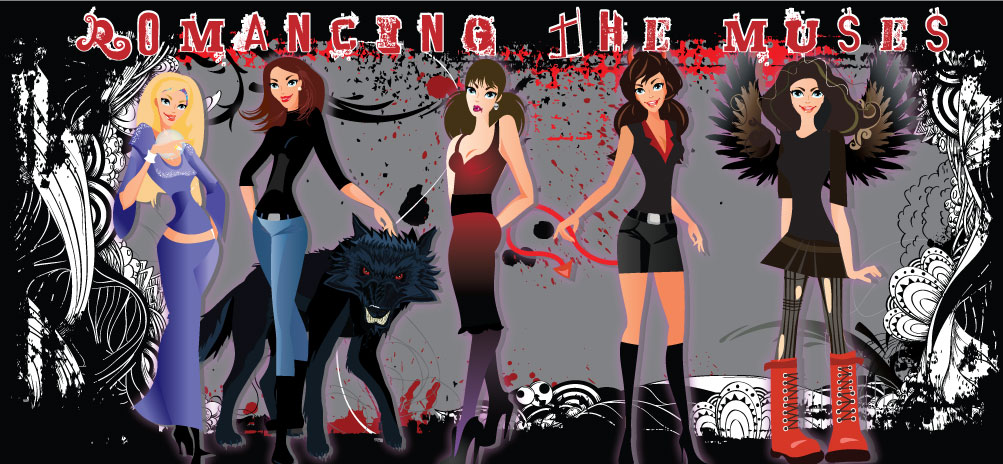
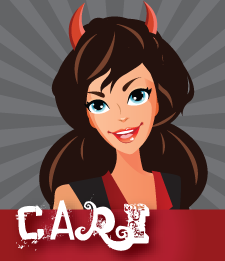
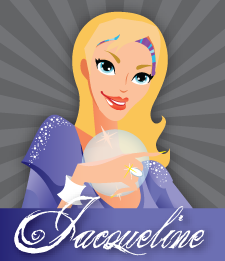


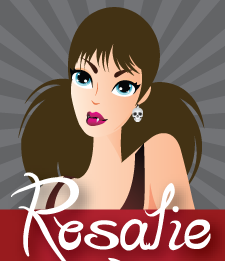
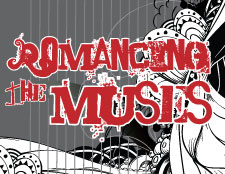



2 comments:
As always, excellent post and I absolutely agree. I am always aware of what I say now (I wasn't always). Sometimes it's easy to be taken in the wrong way, and you don't want to turn off potential readers. This is also why I am proud to write erotic romance but I keep what I have to say (for the most part) rather tame on social networking sites.
Everyone is different, but I always approach it from this standpoint -- this is my job, I am obligated to be professional.
Word.
I will admit, I can be brazen and foolish when I say certain things. It's happened, and I've been concerned over how it might affect my readership. But those things I do say now, I stand behind...even if they are polarizing. Also, tone and intent are difficult to interpret. I might say something in cheek that could be translated as malicious. You just have to keep these things in mind.
Post a Comment